Does this increased focus on field workers as catalysts of diversity and inclusion translate into changes in field recruitment? Are we ready to be more inclusive in this domain?
P.M.: There is a need to review of our processes and activities, to get a better idea of inclusive practices, of what is feasible and what is ideal, and to examine our recruitment within the diversity and inclusion framework. As recruiters, we have done courses on unconscious bias, but how we put it into practice is something we want to review. We can certainly capitalise on what we are already doing with the diversity and inclusion committee to improve our recruitment.
What about the diversity and inclusion perspective in recruitment of office staff and in a broader HR perspective?
Iain Bailey (I.B.): There are gaps, but also opportunities for improvements. Our recruitment process is not anonymised, which risks unconscious bias at the shortlisting stage. We have no formal policy that would ensure having gender-balanced interview panels. Managers are trained in interview skills but this is not mandatory; mandatory training would help fill this gap. MSF already has an equal opportunities policy, and new starters are encouraged to read it. This could be formalised by requesting that every new starter sign a document confirming they have read it. Ensuring that the diversity and inclusion training captures all new starters would further support understanding and implementation of the policy. We could also improve our learning and development opportunities. They are offered to all staff, but there is no checklist to ensure that all groups can access them equally. Simple adjustments, such as holding courses at times that are accessible for part-timers or making sure that the location is disability-friendly, are potentially a quick fix.
What would it take to incorporate reasonable adjustments into our recruitment processes in a more systematic way?
I.B.: MSF already asks shortlisted candidates if they need any reasonable adjustments before an interview. However, there is a lot more we can do. The HR department has recently worked with Leonard Cheshire, a leading UK disability charity, ahead of possibly accepting an intern with disabilities in the summer months. We were involved in an assessment-centre day for the recruitment of interns, and we aspire to incorporate lessons learnt into our existing practices. This would enable us to integrate reasonable adjustments in a more systematic way at very little cost. Feedback from exit interviews, from colleagues with disabilities, could inform future good practices and policy changes to ensure that reasonable adjustments are made. We could request such feedback from successful candidates at the induction stage.
Are there any specific topics within diversity and inclusion that are a priority for your office, or any pressing needs to address?
R.A.: One of these topics is disability. We had a disability audit done for the office last year; it was given to us with recommendations and suggestions of changes. We are looking at them now, and the plan is to get as much done this year as possible, to make the office more inclusive for people with all kinds of disabilities. There is always going to be challenges with older buildings, especially in London, but we will try to make our space as disability-friendly as possible.
E.S.: Another topic that we are focusing on is socioeconomic inclusion: we want to make sure there is access to work at MSF for everyone, whatever their background might be.
What has changed in your work environment since you launched your inclusion efforts? Are there any milestones you would like to discuss or share?
E.S.: We carry out an annual survey, asking for staff’s feedback. One of the questions is if they feel represented in terms of diversity and inclusion in the office. We have seen considerable improvement in this dimension. What has gone really well, and is simple enough to introduce elsewhere, is themed events. We have organised Black History Month, Women’s History Month, themed events on LGBT and men’s health. There has been a lot of engagement around these events. They have further increased the number of staff suggestions regarding diversity and inclusion in the office and, even if not everybody has been interested in each specific topic, they have inspired thoughts on other things.
R.A.: We have had the diversity and inclusion group for about ten months now. Because we are all involved in it on top of our day-to-day tasks, we need to be realistic about how much time we can dedicate and how much we can do. After a period of testing the waters, we have quite a robust idea and an annual plan, so we can propose something that is much more focused and streamlined. It has been a very useful learning curve.
Do you think there is a need for MSF to create positions focused specifically on diversity and inclusion, or would it be counter-productive, as fewer people would engage at a grassroots level?
E.S.: I think that you need both. You need grassroots, because otherwise, people would stop being so engaged, but it is also difficult to have enough time to do everything we would like to do. We have one member of the working group who is part of the management team. Our chair of the board and our executive director have attended the diversity and inclusion training. They are on board with what we are doing, and it would be challenging to carry on without this kind of support.
In your perspective, what is the main value of inclusion for organisations such as MSF?
E.S: I think we have a moral obligation to be inclusive. We are a humanitarian organisation, we go where the need is greatest, and to ignore or marginalise some people would be against everything that MSF stands for. It is also about adequate representation of those we serve.
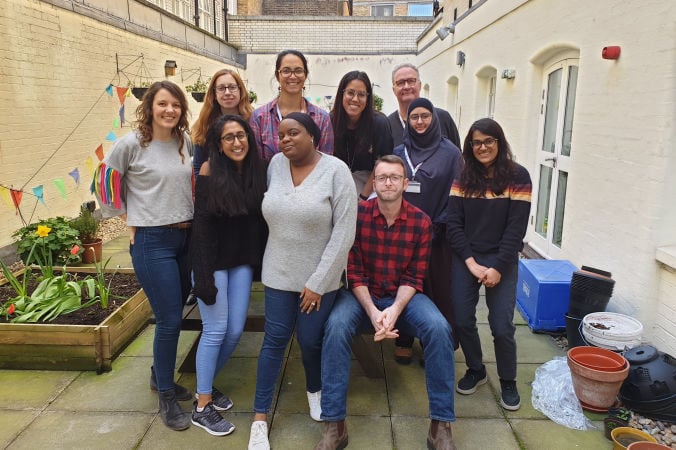
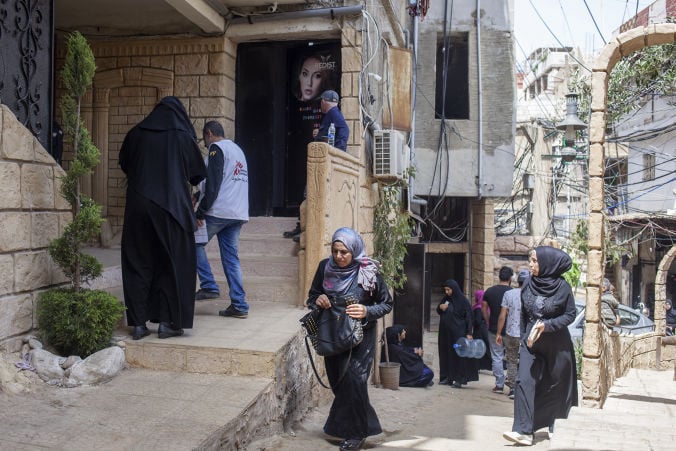
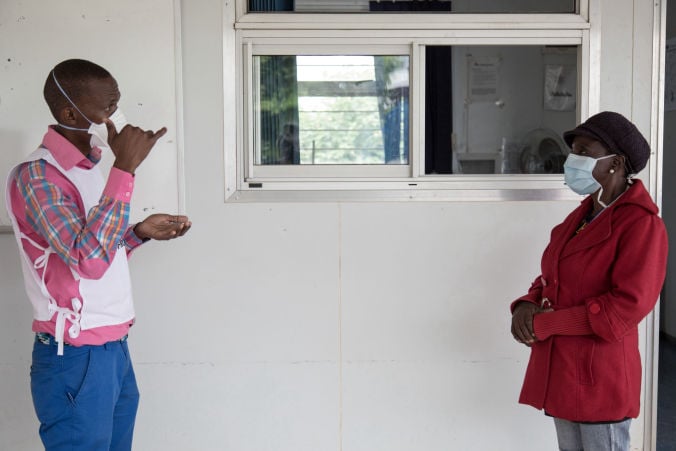
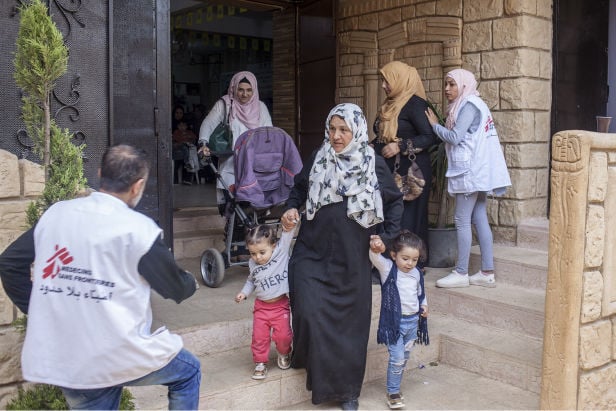
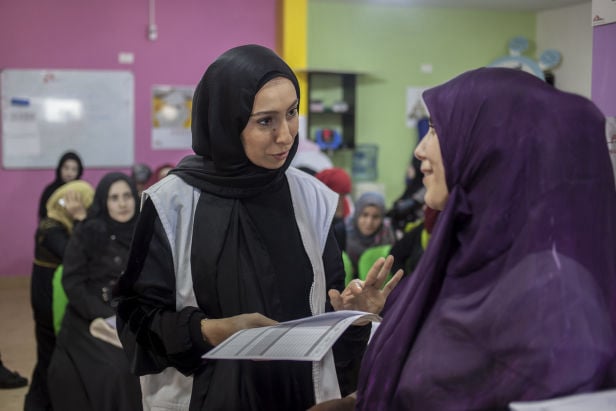
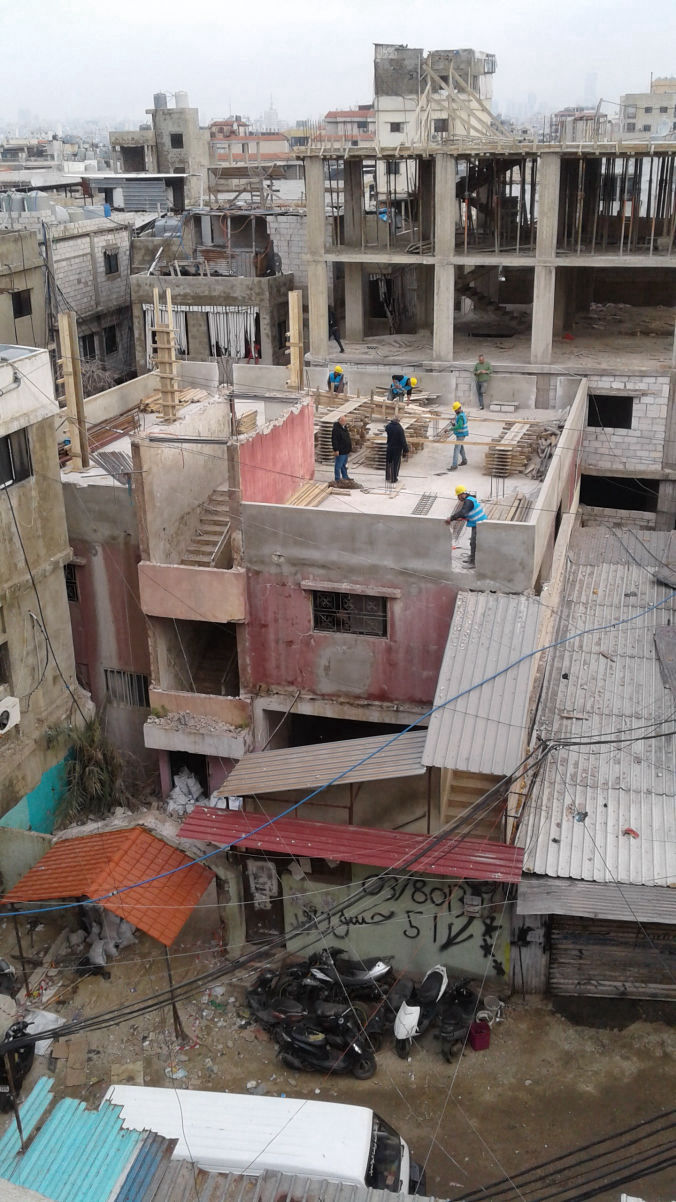
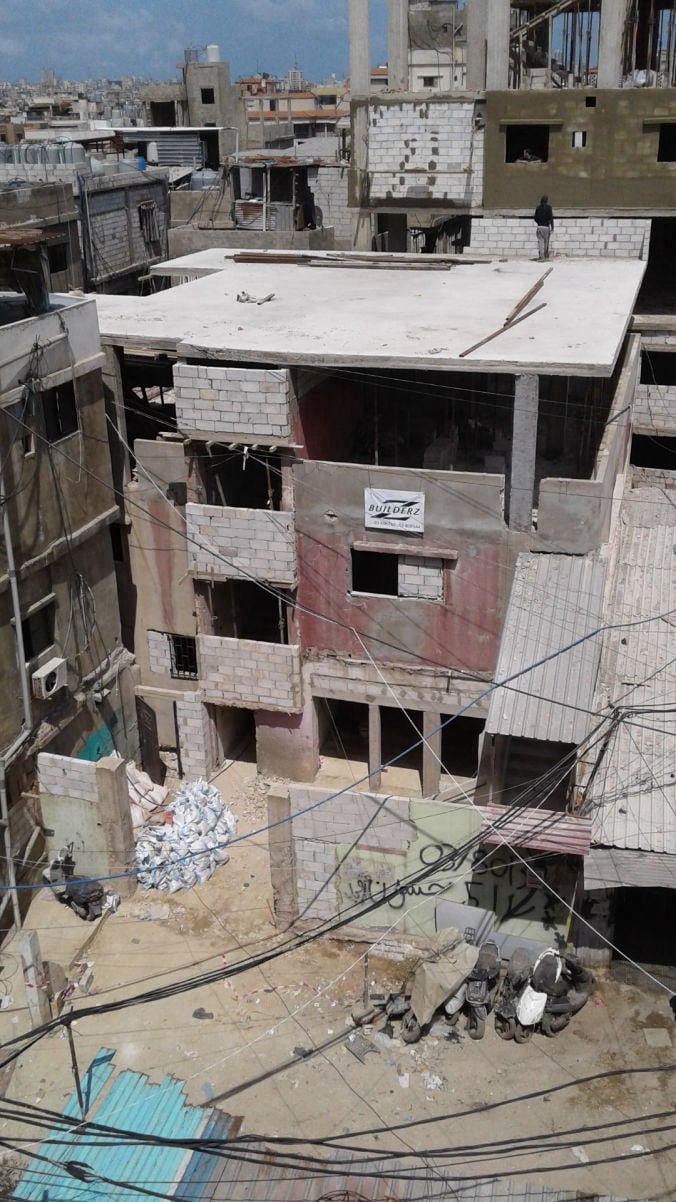
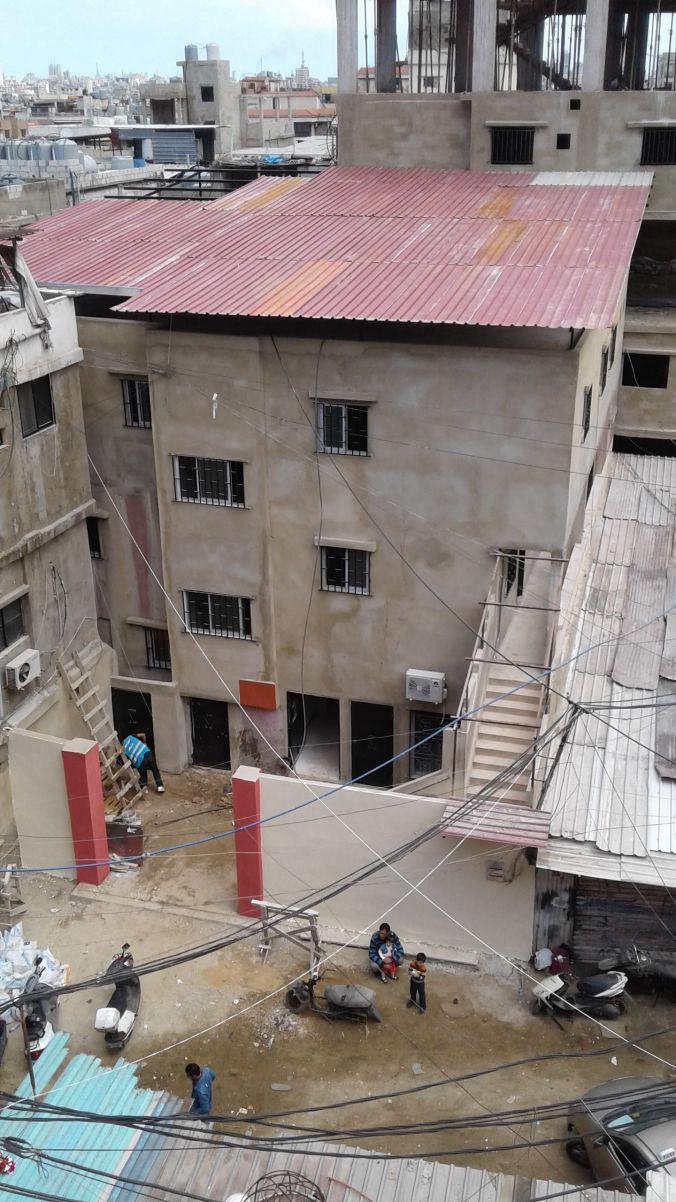
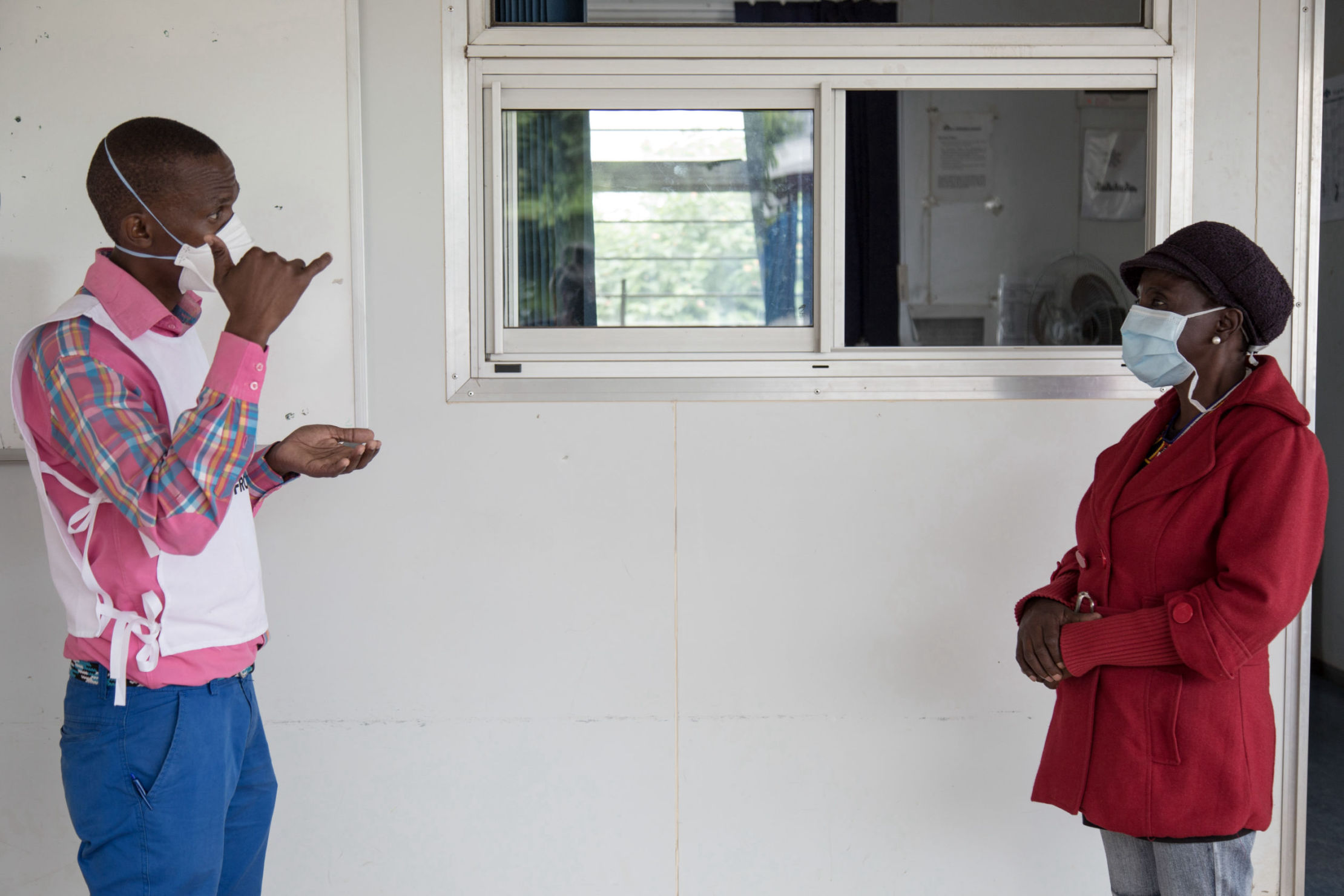
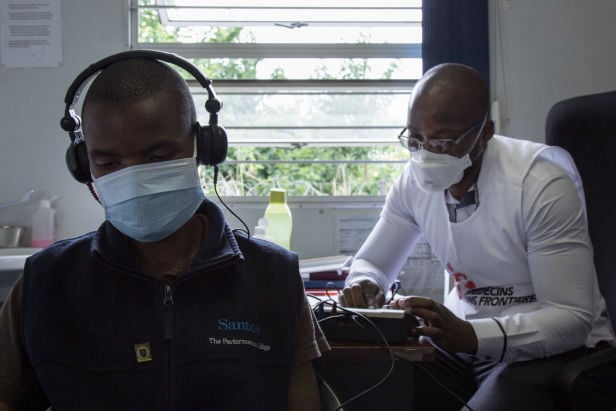
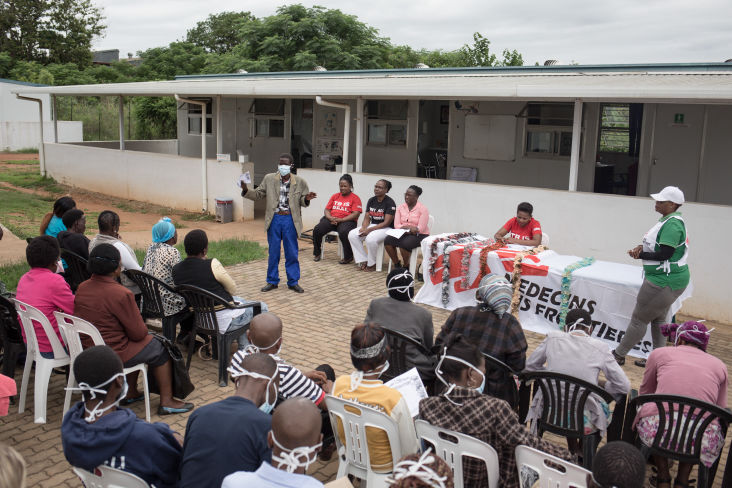
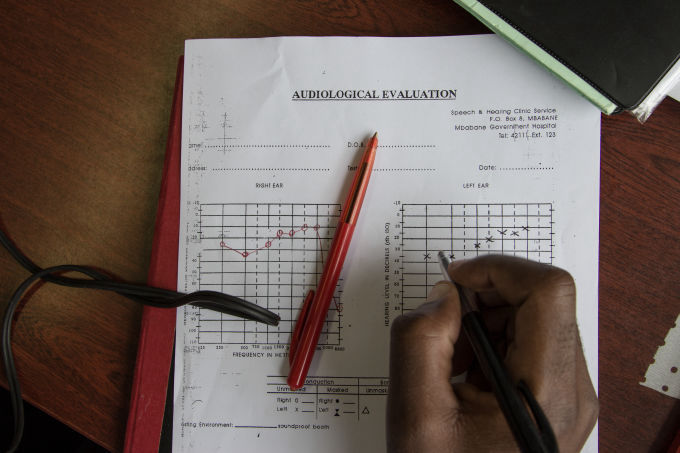
SHARE THIS PAGE!